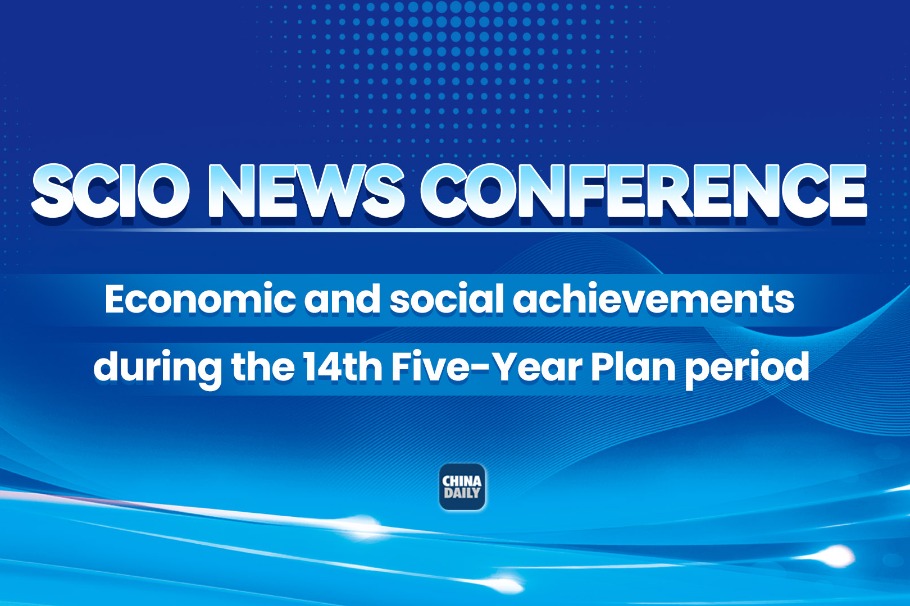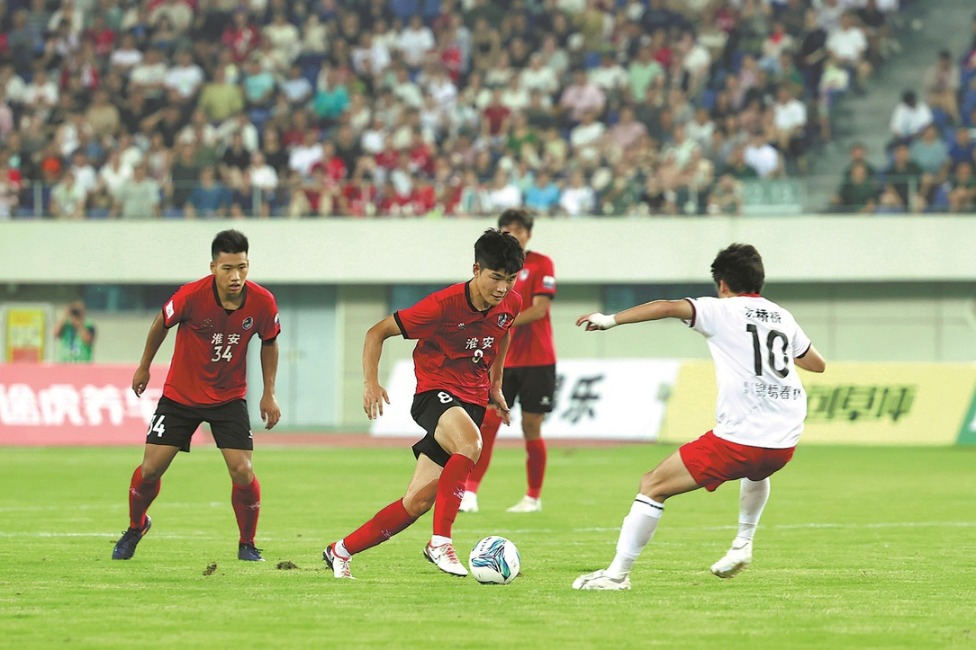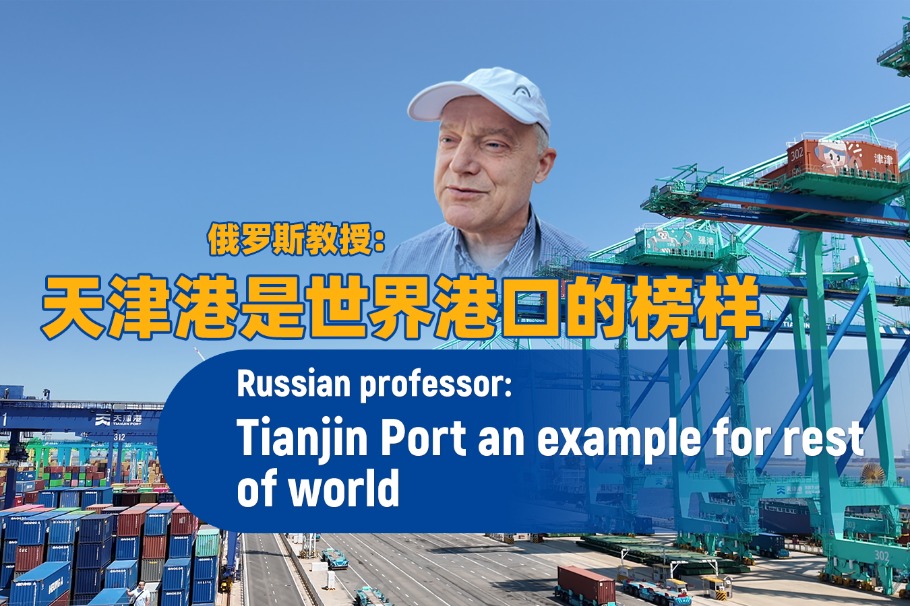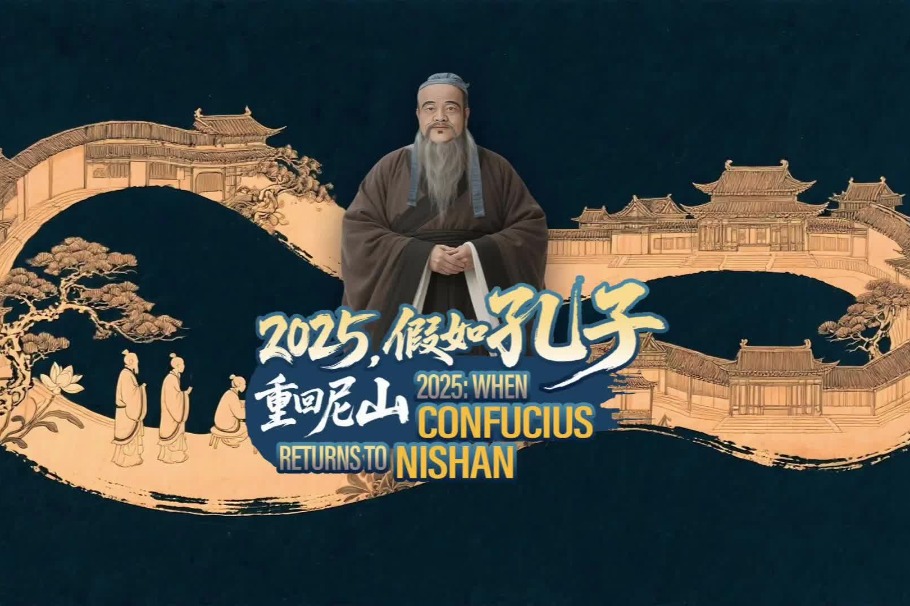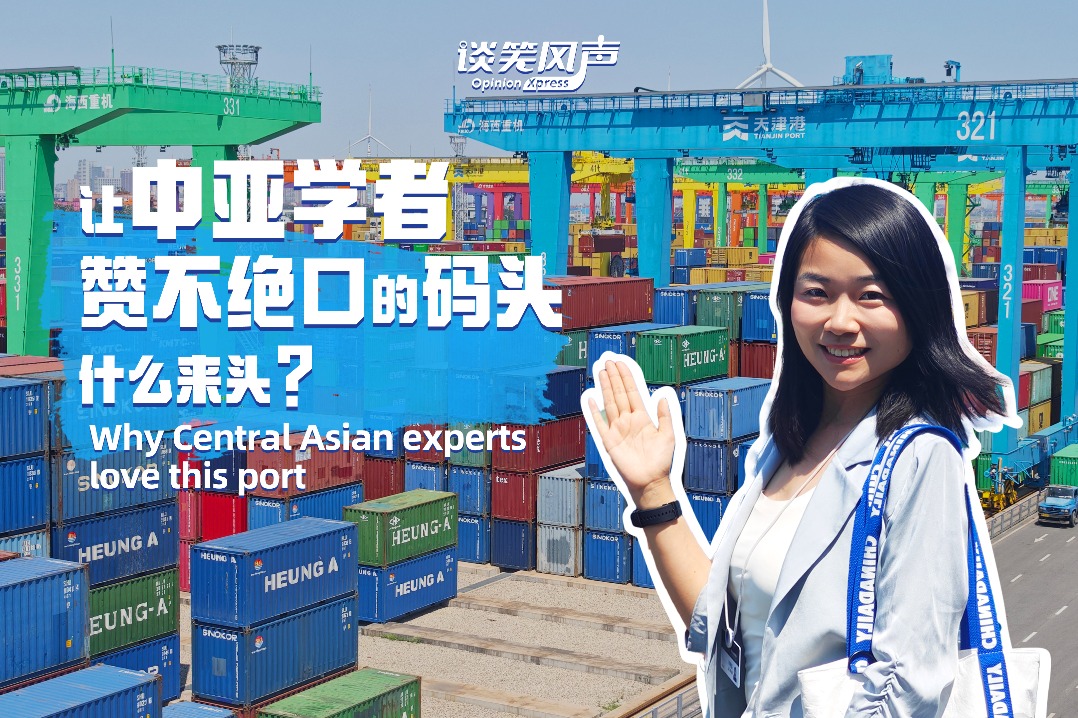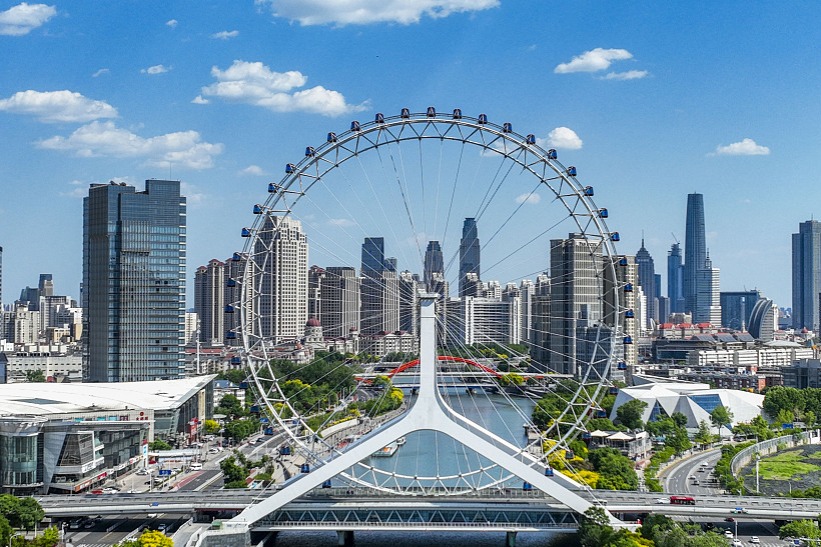Politicians need to make globalization work better

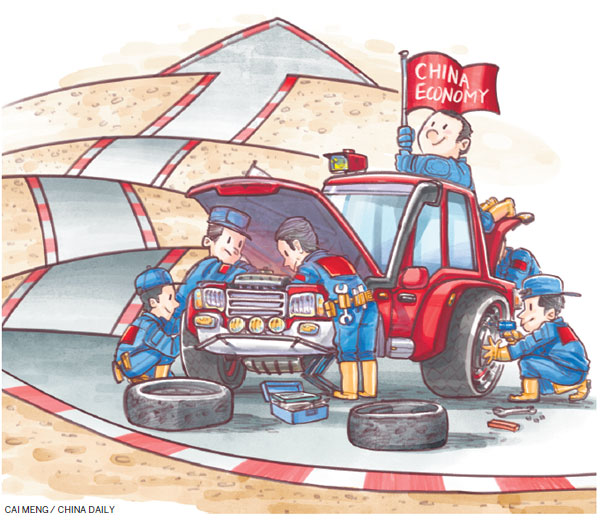
Whatever accommodation is reached in the current US-China trade conflict, there is no doubt that the global trading system has entered 2019 in a state of crisis. While it may be easy to point the finger at United States President Donald Trump, broader structural and political forces have been weakening the international system for quite some time.
Global trade has attracted huge public criticism, from all sides of the political spectrum. The previously-held consensus that trade liberalization is the engine of economic growth and brings more benefits than harm seems to be at its most fragile point since World War II.
Inevitably China sits at the center of this turmoil because it is both the greatest driver of trade growth and disrupter of its established pattern. Forty years ago, , China launched what is the most dramatic economic transformation in history by implementing the reform and opening-up policy and establishing a state-led economic model that, through its accession to the WTO, sought its place in a market-based international trading system. The impact of these wide-ranging reforms has been astonishing. Today, China’s GDP is more than 80 times bigger than it was at the end of 1978. China has become a manufacturing powerhouse, the world’s second-largest economy and its biggest exporting giant, with its exports significantly surpassing $2 trillion annually.
In pursuing its own economic transformation, China is changing the world. Its advance up the manufacturing value chain and the impact of the West’s shift to services-based employment, hugely exacerbated by dramatic technological change, is creating economic and political ructions. Compounded by the impact of the global financial crisis, there is a profound sense of insecurity about the direction of the global economy and in whose interests it is being run.
Not surprisingly a public backlash is growing with the consequences being played out in most of our countries. The status quo has become untenable. For some it is the loss of manufacturing jobs and stagnant wage growth. For others, it is the sense that some countries are not playing by the rules. The WTO has increasingly struggled to accommodate diverse interests and views and to operate a level playing field which everyone can regard as fair.
In these circumstances, the scrutiny and debate surrounding China will only grow. And it now faces criticism over allowing access to its market, use of industrial policies, and other practices that are deemed to have allowed it to grow at others’ expense.
For domestic political reasons as well as a reflection of international concern, the Trump administration has so far imposed three rounds of tariffs on Chinese goods, totalling more than $250 billion. The tariffs sparked immediate retaliation from Beijing. The resulting trade war is disrupting global markets and dampening the global economic outlook, a setback being felt as much in China as everywhere else.
There is now an intense focus on China’s domestic policies.
The third plenum of the 18th CPC Congress in 2013 created the expectation that, in the context of opening-up and China’s movement towards a market-based economy, private enterprise would be given status equal to state-owned enterprise. Instead, the pre-eminence of the state-owned sector has become more entrenched. Separately, people think that China has begun the process overtaking the West in technological and advanced manufacturing prowess. And meanwhile, the Belt and Road Initiative is viewed by many in the West as a means of furthering Chinese economic and political domination.
At the recent World Economic Forum in Davos, Vice-President Wang Qishan was emphatic that China is not seeking hegemony but simply respect and coexistence in the international ruled-based system.
I believe he is sincere in saying that China wants not to destroy the system from the inside but to reform and update it so as to reflect the rebalancing of the global economy.
China’s leaders, however, must understand the depth of disquiet and scepticism that exists in the West, and the need for China to take a strong lead in revising international trade rules and practices that offer opportunity for all to enjoy a fair share of an enlarging global pie.
For this, the world’s approach should have three elements.
First, we need to recommit to upholding the multilateral trading system, and strengthen it by creating the right set of rules to deal with the tension between market-based and state-led models. The WTO rulebook needs to be updated and strengthened with tougher rules against government subsidies, intellectual property rights protections, and rules covering public procurement and liberalization of services.
If the international trade rulebook is strengthened – and this is a big challenge for China but not only China, it would go a long way to reduce the anxieties in the US and Europe about the openness of China’s economy and the complaints about lack of reciprocity and unfair trade.
This is not about limiting China’s growth – quite the opposite. It is about maintaining support for open trade and combating protectionism. The problems of trade are much better served by working to open the markets of others than closing our own.
Second, China needs to think seriously about how it can accommodate the desires of Western companies for greater access to its market. The introduction of the new foreign investment law to encourage equal protection of and fair competition between foreign companies and domestic enterprises is a good start. But China needs to go further.
Finally, political leaders in the West need to consider their own roles in the current global trading crisis. We need to recognize that trade has been more successful at growing the global pie than our politics has been at distributing its gains fairly across society. We need to learn to make adjustments bearable for individuals and communities through regional rebalancing, modern welfare systems, and flexible, properly-supported labor markets. This is a huge policy challenge for us in the West, but increasingly for Asia as well.
The key thing in this debate is that we don’t move from the undeniable truth that globalization could work better – a more equitable globalization – to the false conclusion that we are better off without it. This requires better politics, not of pessimism and anger, but progressive, sensible, radical intervention.
Politics played a key role in creating globalization. We don’t want politics now to start reversing it. We all have a job to do.
Peter Mandelson is chairman of Global Counsel and President of the Great Britain China Centre. He is a former European Trade Commissioner and British First Secretary of State.
The author contributed this article to China Watch exclusively. The views expressed do not necessarily reflect those of China Watch.
















